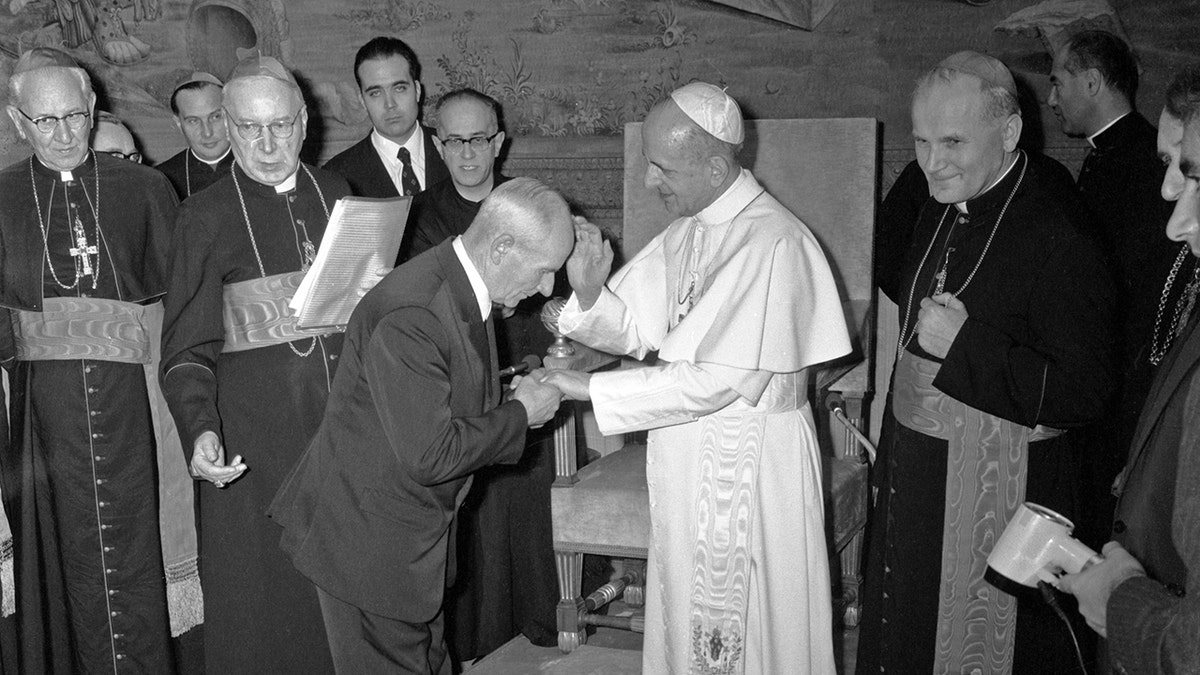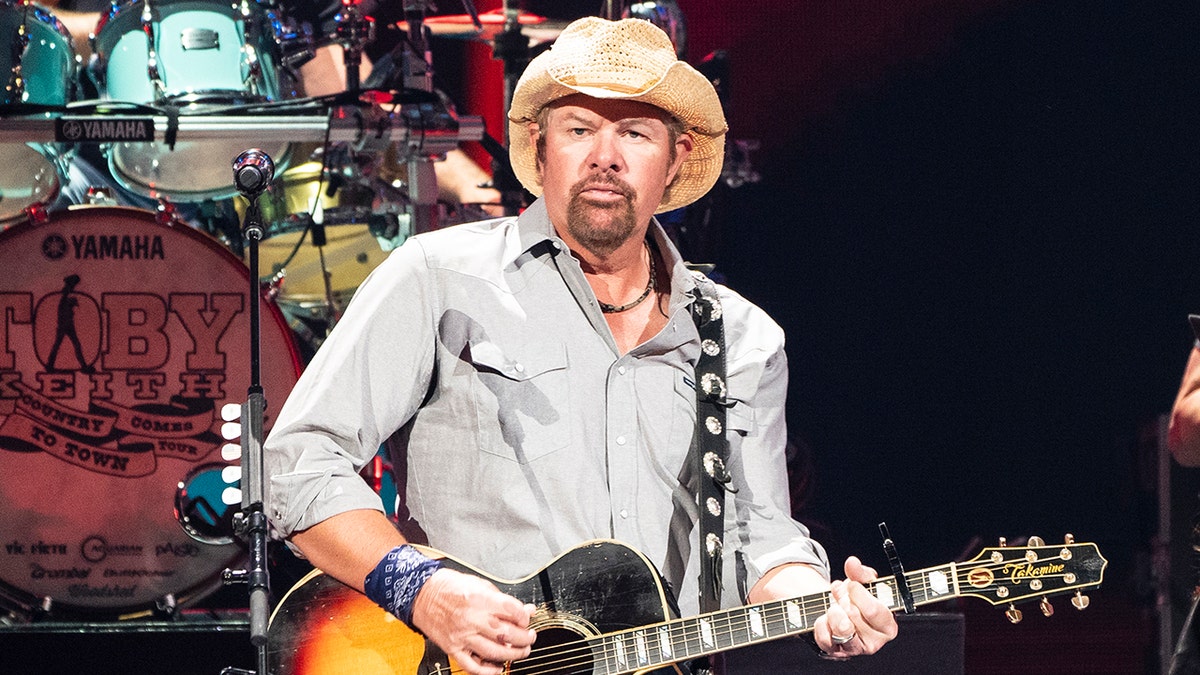At just nine years old, young Raymund Kolbe's life took a profound turn. While seeking guidance through prayer, he recounted a vision of the Virgin Mary offering him two crowns: one white, symbolizing purity, and the other red, representing martyrdom. Without hesitation, the boy declared he would accept both, a decision that foreshadowed his extraordinary journey to sainthood.
Born in Poland in 1894, Kolbe, later known as St. Maximilian Maria Kolbe, became a Franciscan friar whose unwavering devotion to the Virgin Mary and incredible bravery during World War II led to his tragic death at Auschwitz. His story, a complex tapestry of faith and resilience, is the subject of Martin Scorsese's documentary series "The Saints," offering viewers a glimpse into the life of this remarkable figure.
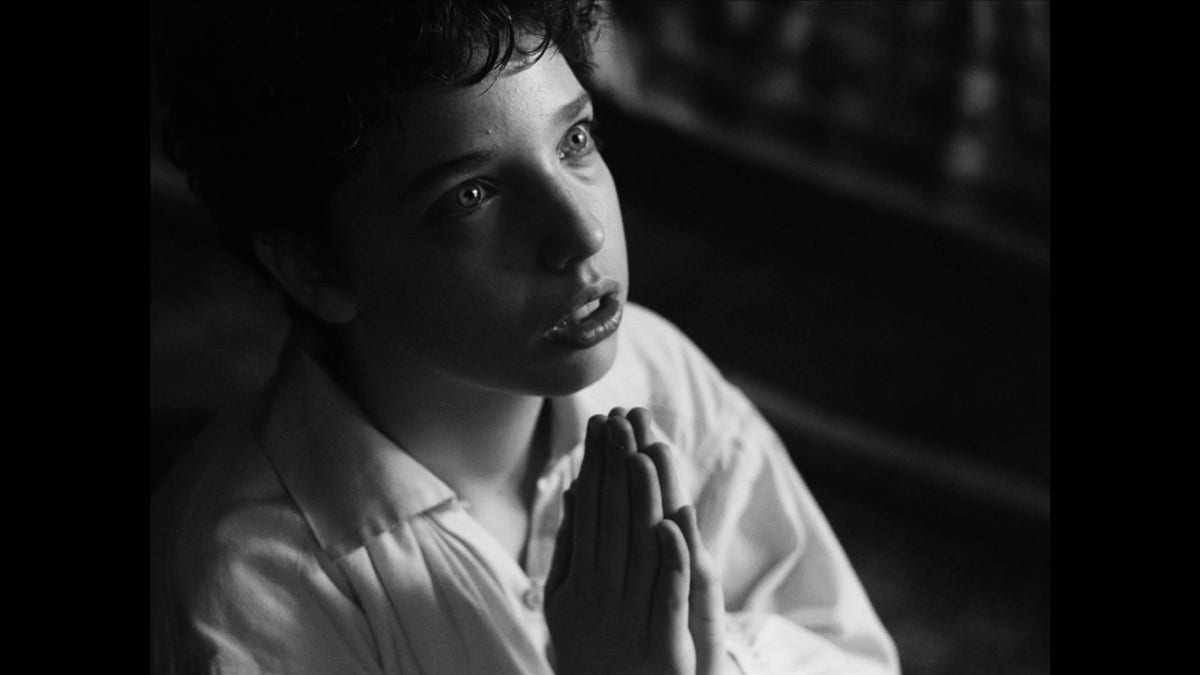
Following his parents' respective paths into religious orders, Kolbe himself joined the Conventual Franciscans, taking the name Maximilian at 16. Ordained a priest in 1918, he established the Militia Immaculatae, an organization dedicated to converting individuals to Christianity through the intercession of Mary. His missionary zeal took him to Japan and India, where he founded seminaries and spread his message through publications like "The Knight of the Immaculata."
Returning to Poland in 1933, Kolbe faced the rising threat of Nazism. Despite battling tuberculosis, he expanded his media endeavors, establishing Poland's first Catholic radio station and continuing his evangelical work. During WWII, he provided refuge for thousands of displaced people, including numerous Jewish individuals, demonstrating his commitment to compassion and human dignity.
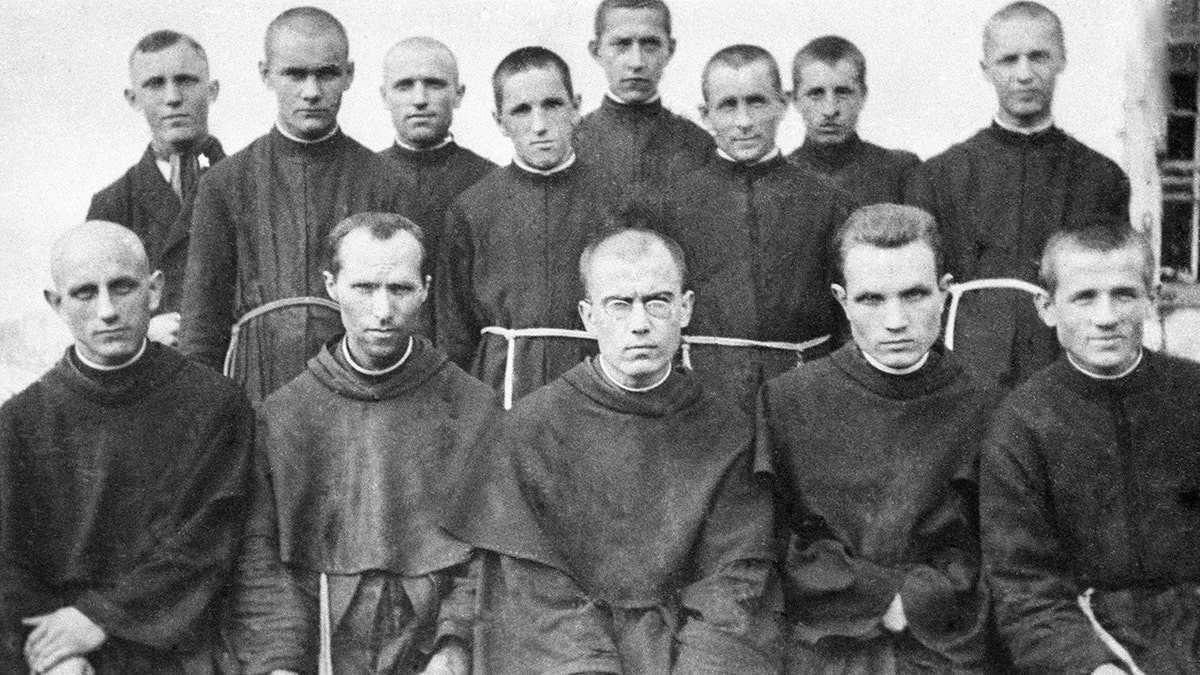
Arrested and imprisoned by the Gestapo, Kolbe endured torture before being transferred to Auschwitz. Even within the horrors of the concentration camp, he continued his priestly duties, offering solace and support to fellow prisoners. In a moment of profound selflessness, Kolbe volunteered to take the place of a condemned man, Franciszek Gajowniczek, who had a family. He died in the starvation chamber after two weeks, an act of ultimate sacrifice that solidified his legacy as a martyr of charity.
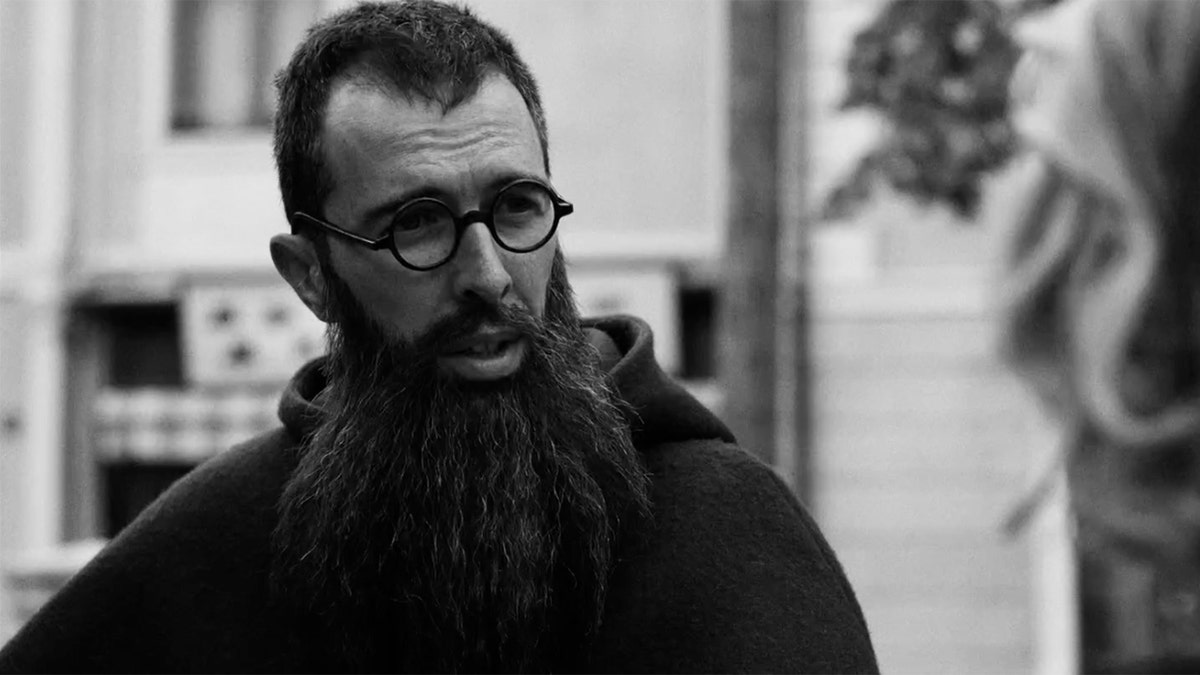
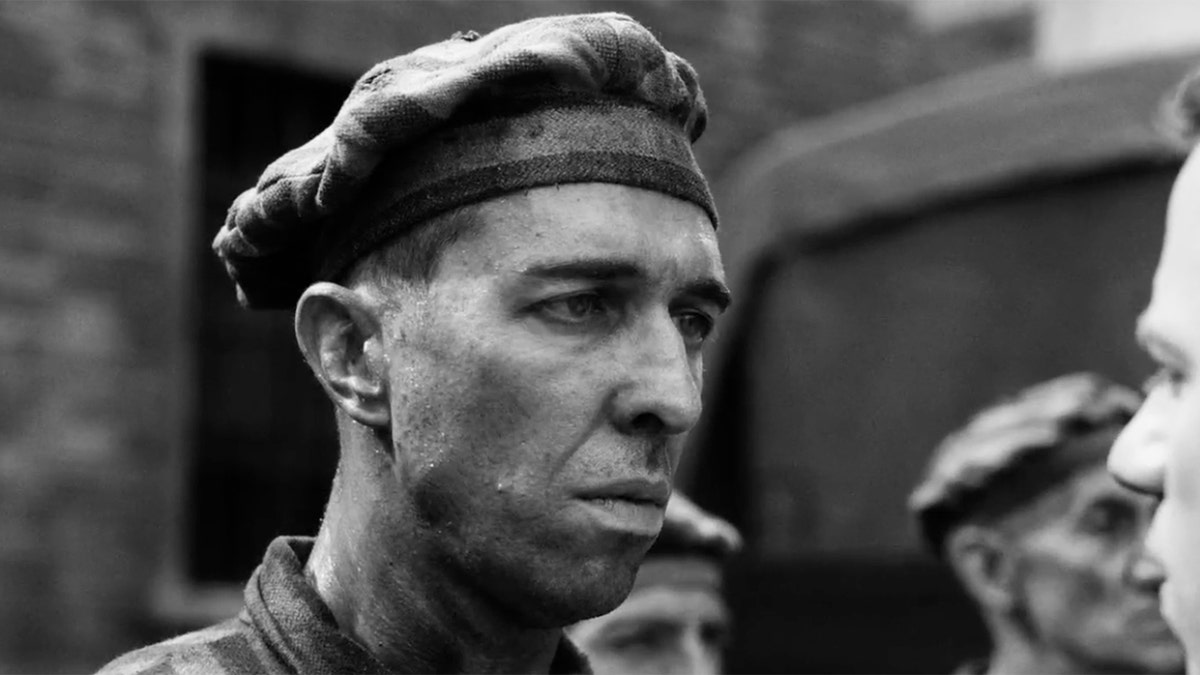
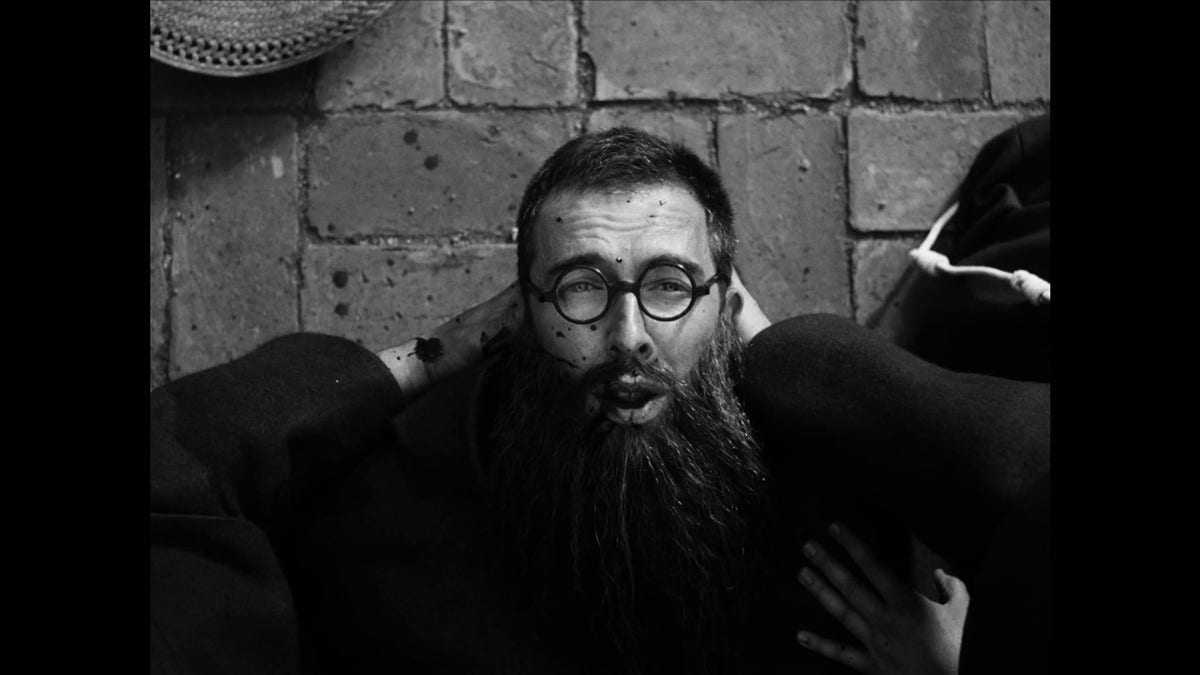
Canonized by Pope John Paul II in 1982, St. Maximilian Kolbe's life serves as a testament to faith, courage, and the enduring power of selflessness. His story continues to inspire, reminding us of the importance of compassion and the potential for extraordinary acts of love in even the darkest of times.
